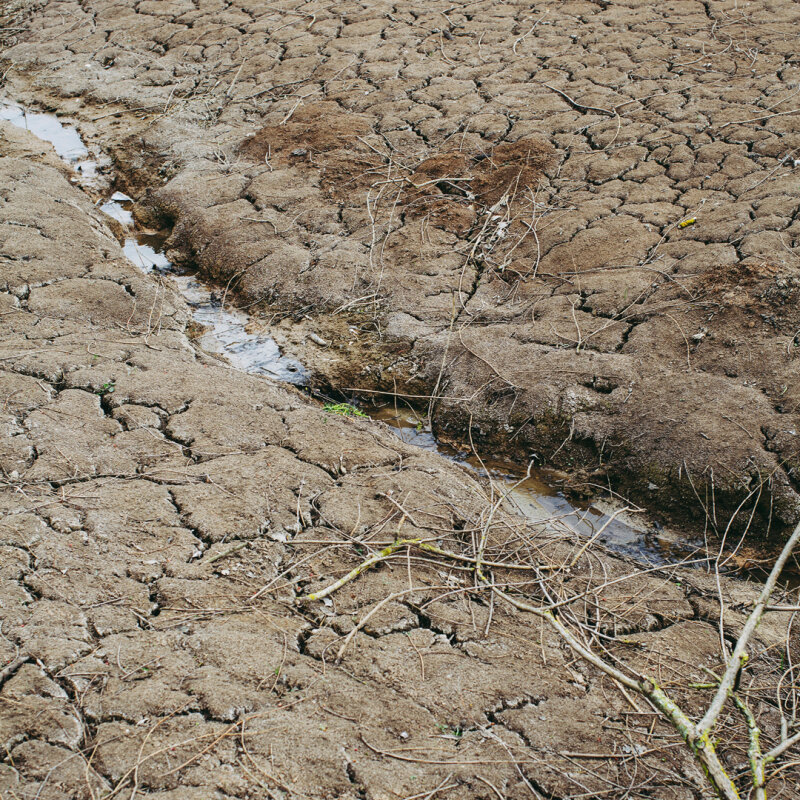The textile industry is one of the most water-intensive industries in the world. Large amounts of water are required in the production of clothing, whether for the cultivation of cotton or the processing of synthetic materials such as polyester. Given the increasing global water scarcity and the negative impact on the environment, it is of great importance to minimize water consumption in the textile industry as well. At KAYA&KATO, we actively promote more sustainable textile production, reducing both water consumption and emissions compared to manufacturing with conventional fabrics.
This is because the immense water consumption of the textile industry has far-reaching effects on the environment, locally and globally. For example, the cultivation of cotton, one of the most commonly used fibers, requires large amounts of water. This high consumption puts a strain on water resources in the growing regions and leads to water shortages, especially in areas already affected by drought. We source some of our organic cotton from a farmers' cooperative in Uganda. In the areas of the cultivation projects, sufficient precipitation falls and enough groundwater is available so that artificial irrigation can be dispensed with.
But water consumption itself is not the only problem. The textile industry also contributes to water pollution, as large quantities of chemical substances are used in the production of textiles. These chemicals, including dyes and chemical solvents, often enter rivers and lakes unfiltered, negatively impacting water quality and the organisms that live in them.
Amidst these challenges, KAYA&KATO strives to offer a more sustainable alternative to conventional textile production. By using innovative materials and production processes, both water consumption and CO2 emissions are significantly reduced. Using our PIKE bib apron as an example, this specifically means that compared to conventional production, 4.48 liters of water and 0.55 kg of CO2 are consumed less. Even more impressive are the figures for our RAY 2.0 chef's jacket, where a full 7.17 liters of water and 0.87 kg of CO2 can be saved.
By making conscious choices and selecting products made from more environmentally friendly materials and manufacturing methods, we can collectively help minimize water use in the textile industry and enable a more sustainable future. For us and for everyone.
